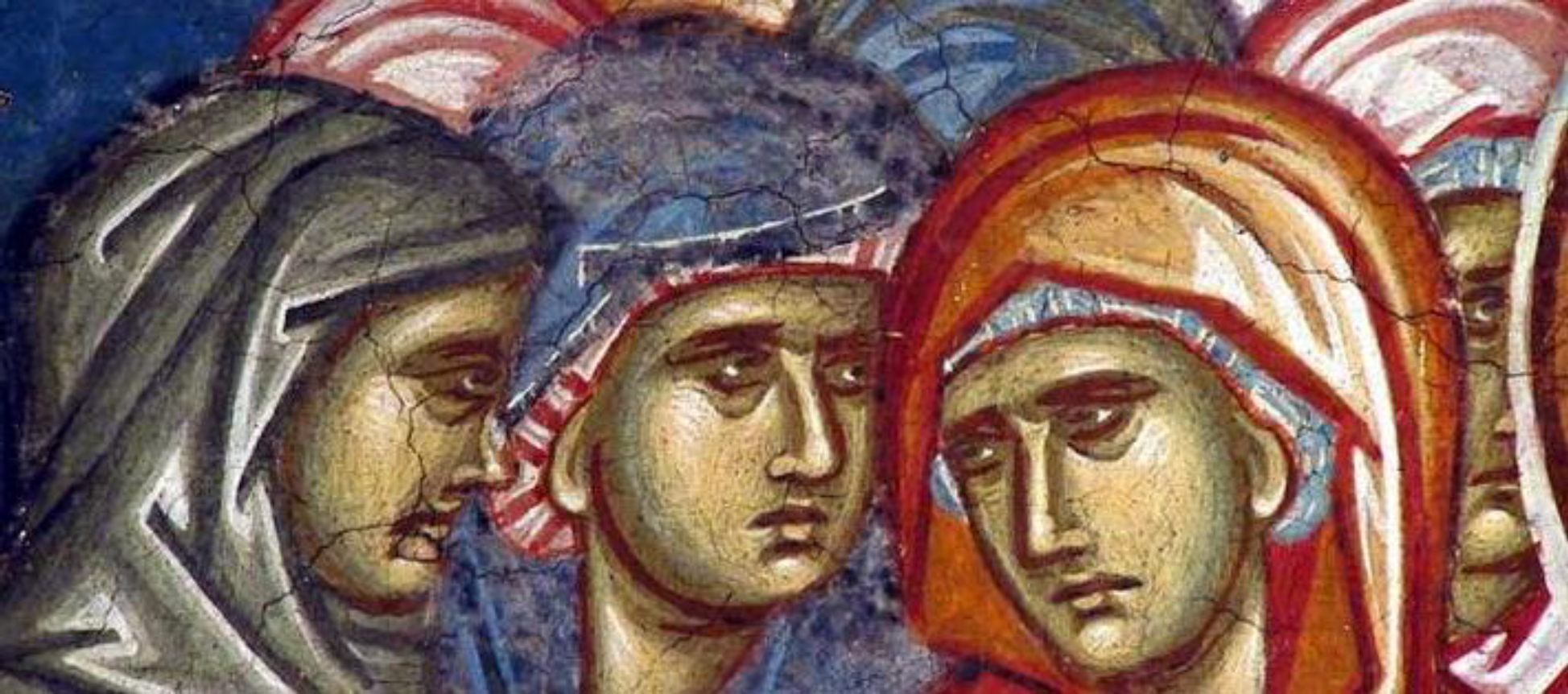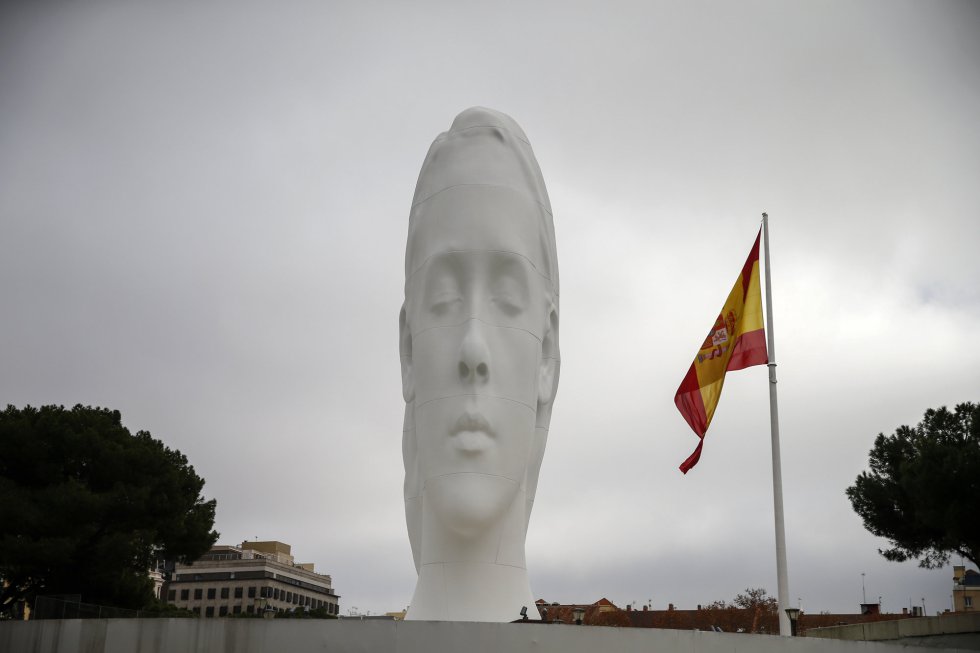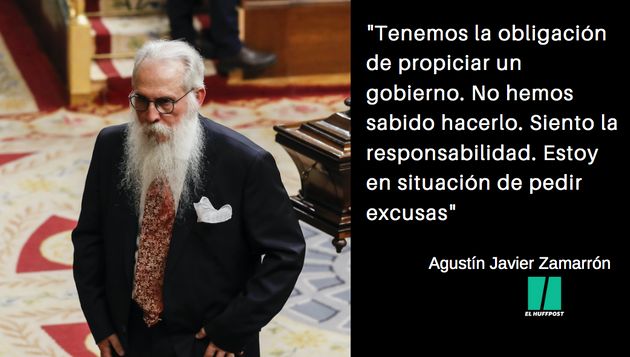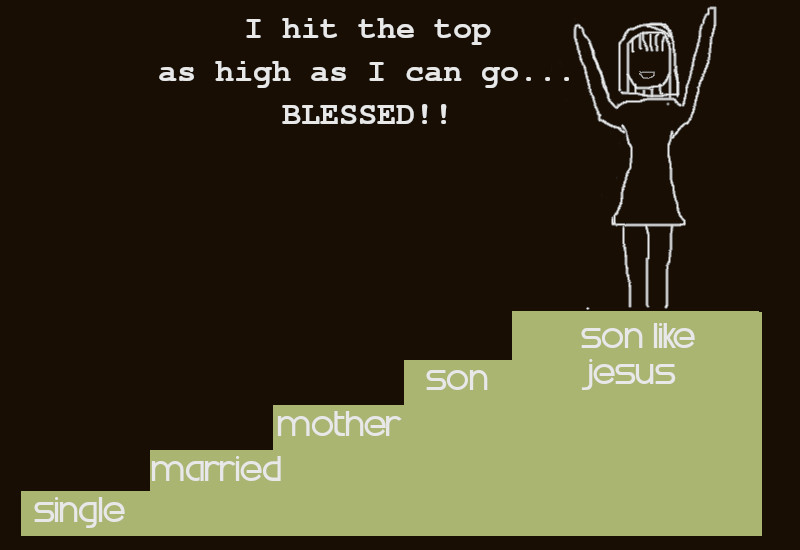There are often a few words that appear in a text that makes one wonder. This morning I thought about Paul (Saul) and his persecution of believers in Jerusalem (Acts 8) immediately following the death of Stephen. The motivation was that fellow-Jews who had joined the ‘blasphemous’ sect that later became known as ‘Christian’ were endangering the nation as a whole. Israel was already under the judgement of God, evidenced by the control of the land being in the hands of the Romans and their puppet leaders. This was being compounded by Jews who claimed that a crucified person was none other than the promised Messiah. If this movement was not stopped in its tracks the punishment from heaven would be even greater. Hence he understood that to be zealous for God would mean he would need to stop the movement at all costs. If he did so then he would be assured that he was righteous. He was eradicating evil from among his people, and there was a strong model for this in the golden calf incident (Exod. 32) with the sons of Levi demonstrating their ‘zeal’ in slaughtering 3000 of their fellow-citizens of Israel. As a result the Levites become the priestly tribe. (Wow… there are just a few challenges in reading the OT are there not? And thankfully Pentecost changes the optic some with 3000 coming to life…)
Saul demonstrates his zeal and ‘righteousness’,
as to zeal, a persecutor of the church; as to righteousness under the law, blameless (Phil. 3:6).
As zealous as the Levites who were ‘rewarded’ by God!
He does not worry about Gentiles who could claim whatever they wished about Jesus. They were condemned already – his concern was to cleanse Israel. So to do so he ‘entered house after house’. Allegiance to Christ was on a household basis, hence enter a house, and if they were following Jesus he would seek to eradicate that house.
That day a severe persecution began against the church in Jerusalem, and all except the apostles were scattered throughout the countryside of Judea and Samaria. Devout men buried Stephen and made loud lamentation over him. But Saul was ravaging the church by entering house after house; dragging off both men and women, he committed them to prison (Acts 8:1-3).
The spread of Jesus-aligned houses is remarkable, and the spread of the gospel likewise is remarkable, hence his request to go to Damascus to the Jewish community there to eradicate this blasphemous heresy.
And one very startling element in that final verse. He dragged off ‘men’ – that would have been enough in that culture. They were the ‘head’ of the household. Remove the head and problem dealt with. But this ‘heresy’ was different! Dragging of the supposed head would not be enough. The gospel liberated women, not simply through personal salvation, but liberated them culturally and socially. Paul had no option if this heresy was to be cleansed from Israel – the women had to be removed also.
‘Salvation’ was a total turn around socially as well as ‘spiritually’.
We are seeing this rise again in this era. Hence the digging in of some ‘Christian’ quarters to re-establish the hierarchy of so-called ‘Judeo-Christian’ values. Maybe we could use the term ‘Judeo’ values but I think the earliest evidence within the ‘Christian’ expression means we cannot really add the second adjective to the values.
Supporting Christian values so that there might be an establishment of them – now that is a challenge!
[Oh yes Paul writes about ‘head’ and all that within the so-called ‘household codes’… beyond this post, but against the background of the Graeco-Roman world he uses the common formula of his day that was used by philosophical and religious groups to show they were not overtly seeking to overthrow Rome. Not overtly, but subversively, Paul used the formula apologetically, but in them he sows something beyond hierarchy… Christian values.]





